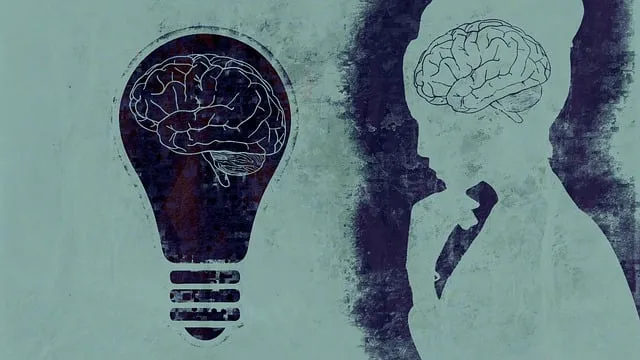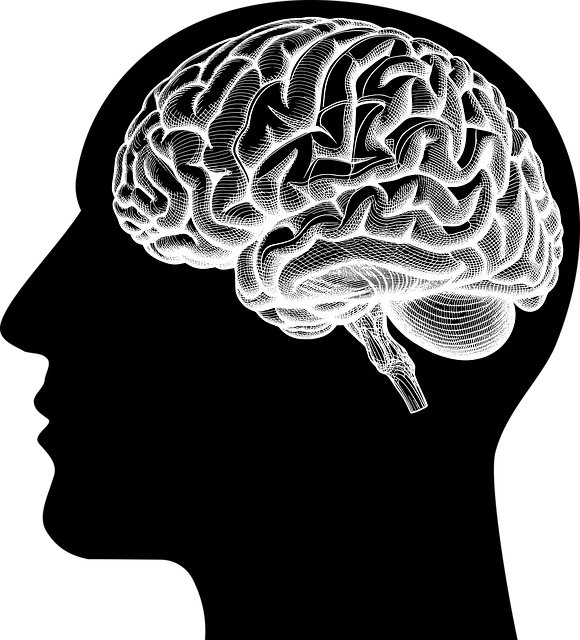Crisis Intervention Teams (CITS) provide specialized 24/7 support for severe emotional and psychological crises, utilizing evidence-based practices to de-escalate situations. The Kaiser Permanente mental health phone number Littleton is a crucial resource that offers immediate assessment, crisis intervention, and coping skill development. Training programs focused on self-care routine development empower individuals to handle mental health crises and build community resilience, ensuring better preparedness for mental health emergencies.
In today’s fast-paced world, effective crisis intervention teams (CITs) play a pivotal role in managing and mitigating high-stakes situations. These specialized groups are trained to provide immediate support during crises, preventing escalation and promoting positive outcomes. This article explores the crucial components of CIT training, with a focus on programs like those offered in Littleton, highlighting their impact on communities. We also delve into the significance of resources like the Kaiser Permanente mental health phone number as vital lifelines during times of crisis.
- Understanding Crisis Intervention Teams: Their Role and Impact
- Kaiser Permanente Mental Health Phone Number: A Lifeline in Crisis
- Essential Components of Effective Crisis Intervention Training
- Building a Supportive Network: Training Programs in Littleton
Understanding Crisis Intervention Teams: Their Role and Impact

Crisis Intervention Teams (CITS) are specialized groups designed to respond to individuals experiencing severe emotional or psychological crises. These teams play a pivotal role in communities, particularly in healthcare settings like Kaiser Permanente mental health phone number Littleton. Their primary goal is to provide immediate and effective support, de-escalating situations that could otherwise escalate into more severe issues.
CITS are trained to handle a wide range of crisis scenarios, from suicidal ideation and self-harm to acute stress management and mood disturbances. By implementing evidence-based practices, these teams can help individuals develop coping strategies and improve their overall well-being. The impact of CITS extends beyond the immediate intervention; they foster a culture of care and resilience, promoting self-care practices and empowering individuals to better manage their mental health, as encouraged by self-care advocates worldwide.
Kaiser Permanente Mental Health Phone Number: A Lifeline in Crisis

In moments of crisis, access to immediate mental health support can be a matter of life and death. For residents in and around Littleton, the Kaiser Permanente Mental Health Phone Number serves as a vital lifeline. This dedicated resource offers 24/7 support, staffed by trained professionals who provide assessment, guidance, and crisis intervention. It’s more than just a number; it’s a promise of help when you need it most.
The effectiveness of this service lies not only in its accessibility but also in the comprehensive coping skills development it facilitates. By connecting individuals with the right resources and support networks, the Kaiser Permanente Mental Health Phone Number empowers users to navigate challenging situations, promoting resilience and long-term well-being. Additionally, their community outreach program implementation and public awareness campaigns development further strengthen the safety net, ensuring that help is readily available to all who need it in Littleton.
Essential Components of Effective Crisis Intervention Training

Effective crisis intervention training is multifaceted and crucial for professionals aiming to provide immediate support during mental health crises. A comprehensive program should incorporate several essential components. First, it must emphasize empathy building strategies, allowing trainees to cultivate a deep understanding of their clients’ experiences and perspectives. This skill set enables interventions that resonate with individuals in distress, fostering trust and openness.
Additionally, training should include practical exercises in risk assessment, safety planning, and de-escalation techniques. These tools empower professionals to navigate high-pressure situations effectively. Incorporating self-care routine development for better mental health is another vital aspect, ensuring that team members can maintain their own well-being while supporting others. Trainees should learn the importance of recognizing personal boundaries and utilizing available resources, such as the Kaiser Permanente mental health phone number Littleton, to offer continuous care and support beyond immediate crisis intervention.
Building a Supportive Network: Training Programs in Littleton

In Littleton, training programs focused on crisis intervention teams are fostering a supportive network within communities. These initiatives aim to equip individuals with the necessary skills to recognize and respond to mental health crises effectively. One notable program, associated with Kaiser Permanente mental health phone number Littleton, emphasizes self-care routine development for better mental health. By prioritizing personal well-being, participants gain resilience and enhance their ability to support others during challenging situations.
The training goes beyond individual growth by imparting crucial communication strategies. Effective communication is key in de-escalating tense scenarios and building trust between crisis intervention team members and those in need. Moreover, self-esteem improvement is integrated into the curriculum, recognizing that a strong sense of self-worth enables individuals to navigate crises with greater confidence and compassion. These comprehensive programs in Littleton are setting new standards for crisis support, ensuring communities are better equipped to handle mental health emergencies.
Crisis intervention team training programs, such as those offered in Littleton, are vital in equipping individuals with the skills to support others during mental health crises. By understanding the role and impact of these teams, and leveraging resources like the Kaiser Permanente mental health phone number, we can create a more supportive network for those in need. Effective training should include essential components like scenario-based learning and debriefing, fostering an environment where empathy and swift action can flourish. Ultimately, these programs play a crucial role in revolutionizing crisis response, ensuring folks receive the help they deserve.






